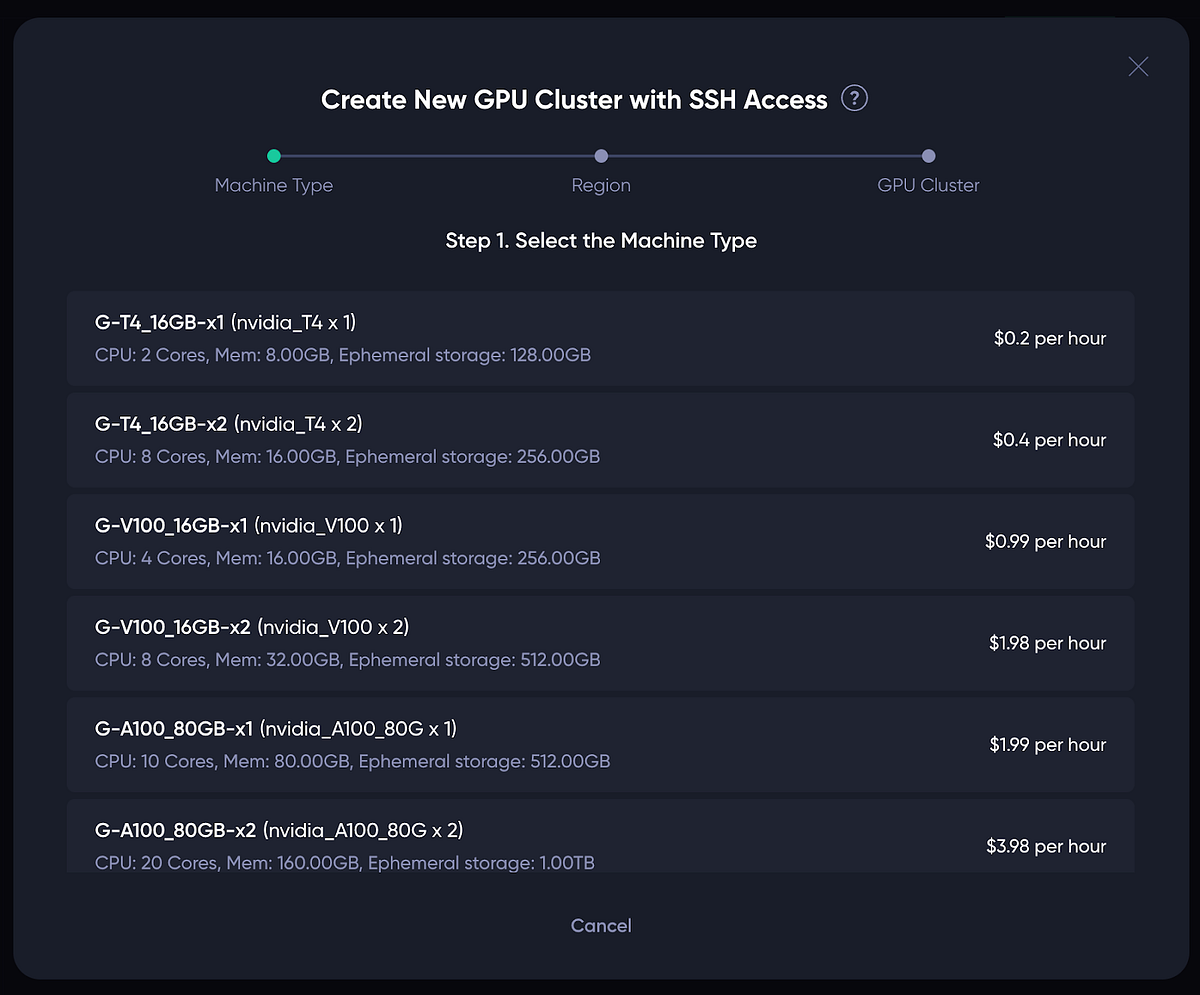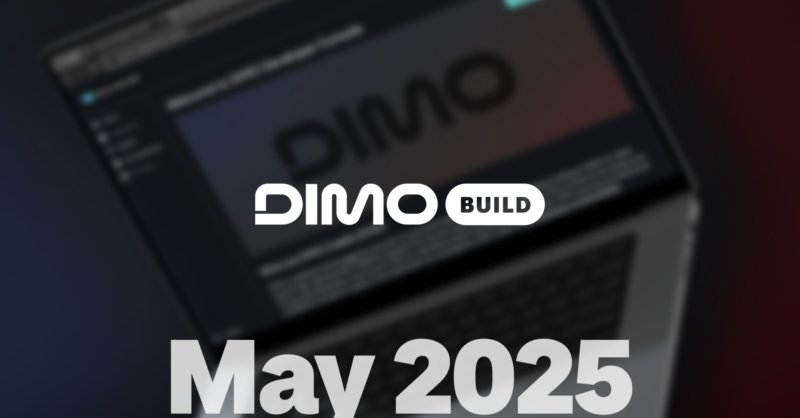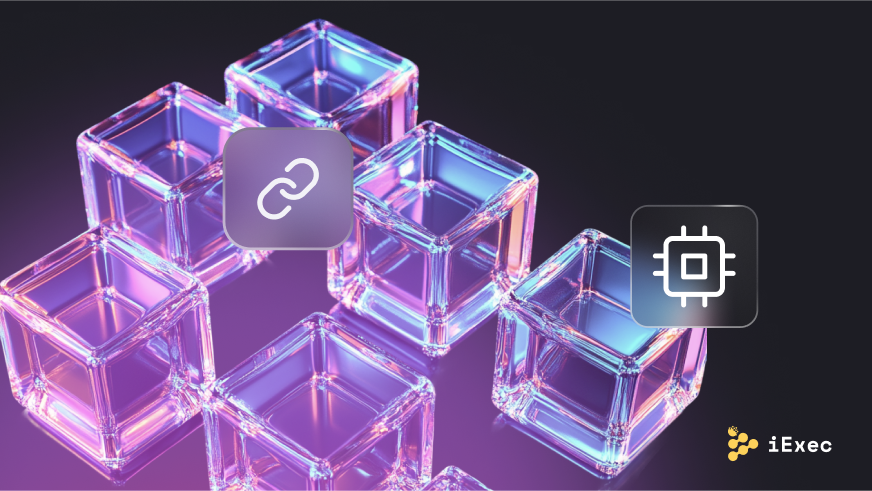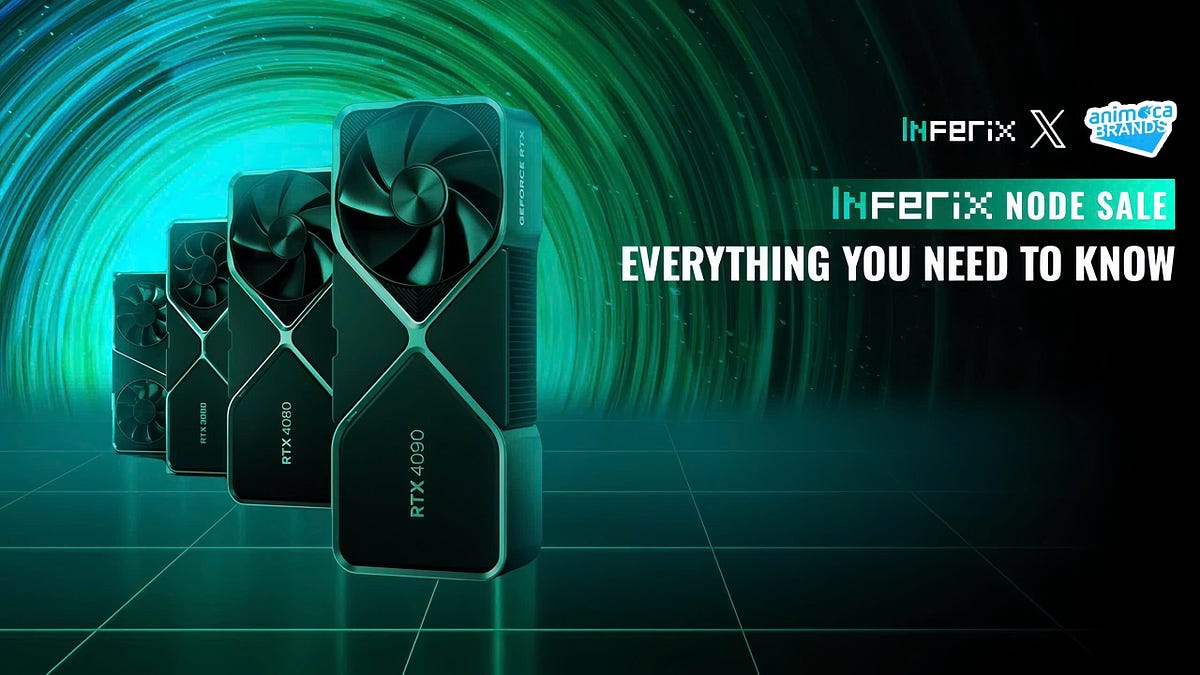Digital Entertainment City Namba: A Fusion of AI and XR in Osaka

Digital Entertainment City Namba is an innovative extended reality (XR) project located in Osaka, Japan, which integrates artificial intelligence (AI) guides throughout the city. This initiative is powered by Mawari’s decentralized physical infrastructure network (DePIN), showcasing how DePINs can effectively meet the computational demands of both XR and AI technologies. The collaboration involves key players such as Mawari, Meta Osaka, Nankai Electric Railway, and the Namba e-stadium, highlighting Osaka’s rich cultural and technological heritage while pushing the boundaries of immersive experiences.
The project aims to enhance tourist experiences by utilizing virtual AI guides capable of performing various tasks, from providing guidance to offering customer service. These AI-driven characters are designed to facilitate intuitive interactions that transcend language barriers, making tourism more accessible. The integration of AI within XR experiences presents unique challenges, particularly due to the significant computational power required for graphics rendering and AI processing. DePINs, like those offered by Mawari, promise to alleviate these challenges by leveraging decentralized GPU networks to reduce latency and bandwidth demands.
As the demand for AI processing grows, the transition from graphical rendering to AI capabilities is becoming increasingly common among GPU DePINs. Notably, Render Network has successfully pivoted to include AI processing alongside its original focus on graphics. The Digital Entertainment City Namba project exemplifies this trend, illustrating the potential for decentralized GPU networks to support the convergence of XR and AI technologies. Furthermore, under Japanese law, DePIN tokens are classified as utility tokens, which helps to navigate regulatory challenges while fostering innovation in the sector.
Related News





